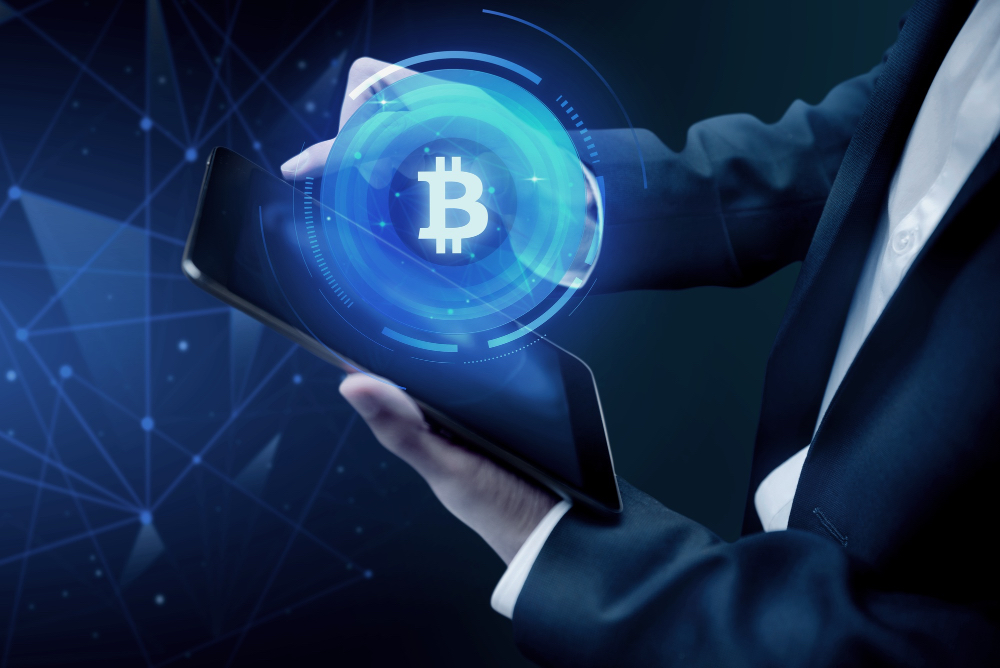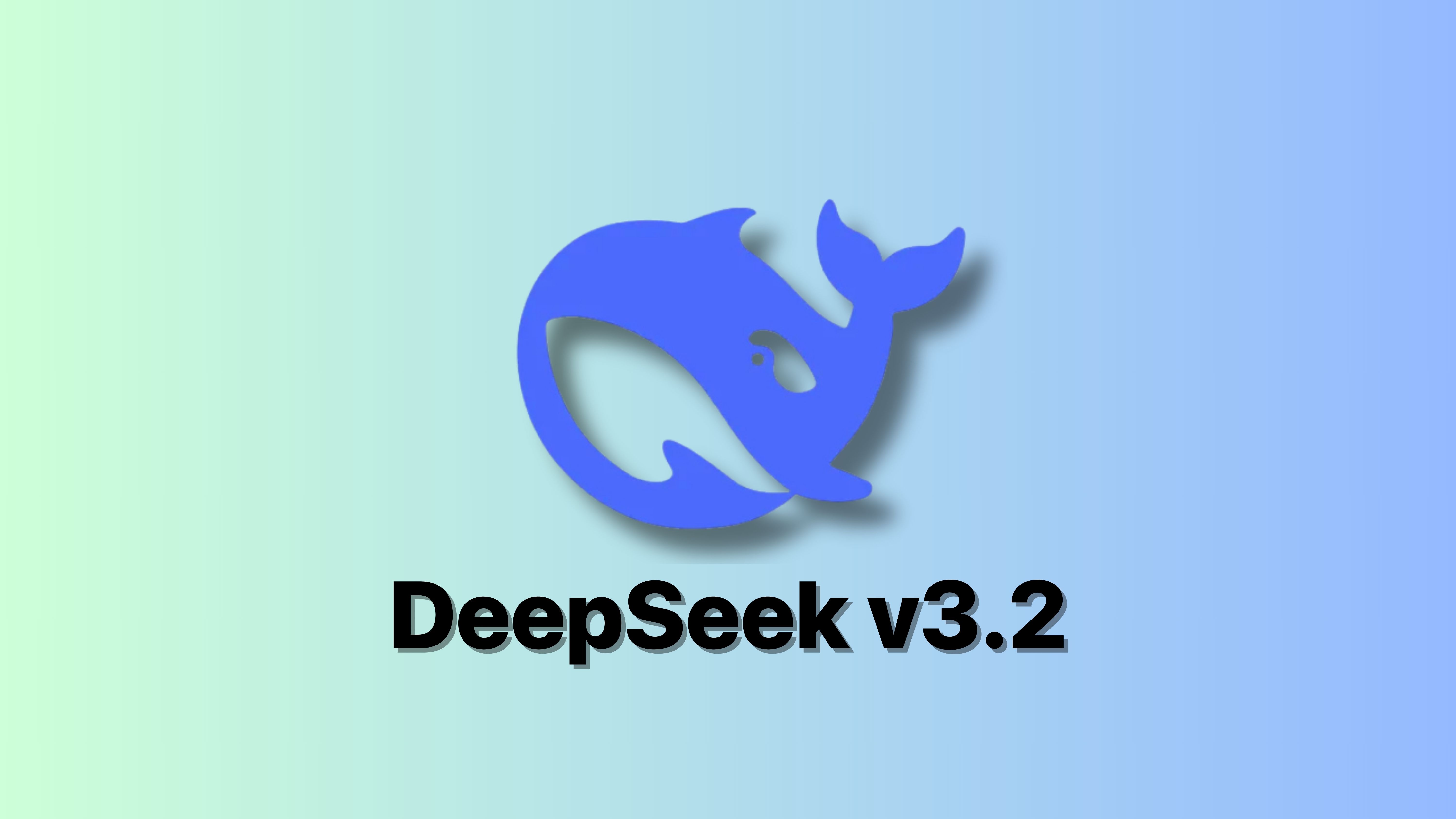Bank of America is expanding cryptocurrency access for its wealth management clients, recommending a 1–4% allocation of digital assets across portfolios. The move brings crypto exposure to a broader range of clients, beyond the bank’s previously ultra-wealthy clientele.
Starting January 5, the bank will cover four of the largest Bitcoin ETFs, including Bitwise Bitcoin ETF, Fidelity’s Wise Origin Bitcoin Fund, Grayscale’s Bitcoin Trust, and BlackRock’s iShares Bitcoin Trust, which collectively manage over $94 billion in assets.
The recommendation aligns with a broader trend among traditional financial institutions encouraging crypto adoption.
Firms such as Morgan Stanley, BlackRock, and Fidelity have issued similar guidance in the past year. Vanguard recently opened its brokerage platform to ETFs and mutual funds that primarily hold cryptocurrencies.
Chris Hyzy, Chief Investment Officer at Bank of America Private Bank, said that a modest allocation of 1–4% in digital assets may suit investors who are comfortable with high volatility and interested in thematic innovation.
Would you like to learn more about AI, tech and digital diplomacy? If so, ask our Diplo chatbot!










